LegalCase
India
Privy Council
1934
AIR 1934 PC 235
S.53A TPA
~ 7 min
Mian Pir Bux v. Sardar Mohammad Tahir (1934)
Part performance before 1929 could not block eviction unless the buyer sued for specific performance. Section 53A does not work backward.
Author: Gulzar Hashmi
Published:
Slug:
mian-pir-bux-v-sardar-mohammad-tahir

Case Snapshot
- CASE_TITLE: Mian Pir Bux v. Sardar Mohammad Tahir, AIR 1934 PC 235
- PRIMARY_KEYWORDS: Section 53A TPA, part performance, eviction defence
- SECONDARY_KEYWORDS: specific performance, unregistered sale, possession, Privy Council
- PUBLISH_DATE: 01-11-2025
- AUTHOR_NAME: Gulzar Hashmi
- LOCATION: India

Quick Summary
Before 1929, a buyer in possession could not block eviction just by saying “part performance.” He had to sue for specific performance on an enforceable contract. Section 53A (added in 1929) protects possession, but it does not work backward. So, Pir Bux could not use an old, unregistered sale agreement to resist eviction.
Issues
- Can part performance be used as a defence to avoid eviction under an unregistered sale agreement?
- Does possession under an invalid or unenforceable sale agreement protect against eviction?
- Does Section 53A of the Transfer of Property Act apply to pre-1929 agreements?
Rules
- Pre-1929: Part performance could protect possession only if the defendant sought specific performance of an enforceable contract.
- Section 53A (1929): Shields possession under part performance, but does not apply retroactively.
- Unregistered/unenforceable sale agreements cannot defeat a true owner’s ejectment suit.
Facts (Timeline)

1919: Both parties apply for the same plot at New Sukkur.
Grant: Collector divides land—north to Pir Bux; south to Mohammad Tahir; instruments executed.
Claim: Pir Bux asserts possession of the southern half via an unregistered sale agreement.
Suit: Mohammad Tahir sues for declaration and possession of the southern half.
Trial Court: Dismisses suit; accepts defendant’s part performance defence.
Appellate Court (Sind): Reverses; unregistered, unenforceable contract gives no defence; decrees possession to plaintiff.
Privy Council: Appeal by Pir Bux; core questions on part performance and Section 53A.
Arguments
Appellant (Pir Bux)
- In possession under sale agreement; should be protected by part performance.
- Equity should stop eviction since possession is referable to the contract.
Respondent (Mohammad Tahir)
- Agreement is unregistered/unenforceable; cannot block ejectment.
- Section 53A (1929) is prospective; contract predates it.
Judgment
Held: Appeal dismissed. Decree for possession in favour of Mohammad Tahir affirmed.
- Pre-1929 law required an enforceable contract and a suit for specific performance; neither existed here.
- Section 53A does not apply to agreements made before 1929; no retroactive protection.
- Defendant’s possession under an invalid sale agreement could not defeat ejectment.
Ratio Decidendi
Part performance protects possession only when an enforceable contract exists and the buyer seeks specific performance; Section 53A, introduced in 1929, is not retrospective.
Why It Matters
- Clarifies the boundary between equity and statute in property transfers.
- Sets the exam-friendly rule: Section 53A is prospective only.
- Shows that mere possession under a flawed contract does not beat the true owner.
Key Takeaways
- No retroactivity: Section 53A does not cover pre-1929 contracts.
- Need enforcement: Without specific performance, part performance cannot shield possession.
- Registration matters: Unregistered/unenforceable agreements fail against ejectment.
Mnemonic + 3-Step Hook
Mnemonic: “PRE-29? NO SHIELD.”
- Pre-1929 contract—statutory shield not available.
- Enforce it—must sue for specific performance.
- No deed + no suit = eviction stands.
IRAC Outline
| Issue | Can possession under an unregistered, pre-1929 sale agreement block eviction via part performance? |
|---|---|
| Rule | Pre-1929: protection only with enforceable contract + suit for specific performance; Section 53A is not retrospective. |
| Application | Defendant relied on an unenforceable agreement and did not seek specific performance—so no protection. |
| Conclusion | Eviction decree sustained; appeal dismissed. |
Glossary
- Part Performance
- Equitable idea: acts done under a contract may justify protection of possession.
- Section 53A TPA
- Statutory shield (from 1929) preventing transferor from evicting transferee in part performance.
- Specific Performance
- Court order directing a party to perform the contract as promised.
FAQs
Appeal dismissed. Possession under an unenforceable, pre-1929 sale could not defeat the owner’s ejectment suit.
No. It protects only agreements made after its 1929 introduction.
Pre-1929, protection depended on suing for specific performance on an enforceable contract. Without that, the defence failed.
An unregistered, unenforceable sale could not be used to defeat the true owner’s right to possession.
Section 53A is prospective; possession under a flawed pre-1929 contract cannot alone stop eviction.
Share
Related Post
Tags
Archive
Popular & Recent Post


Online Poll
Do whales live in the ocean?




























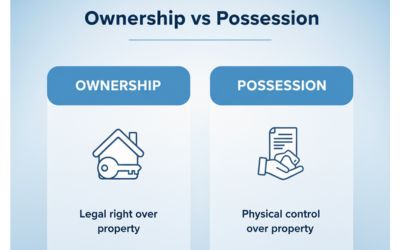
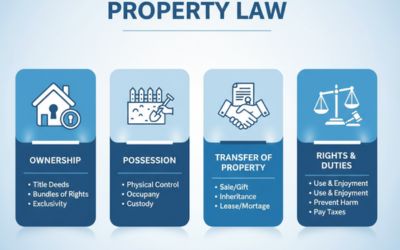
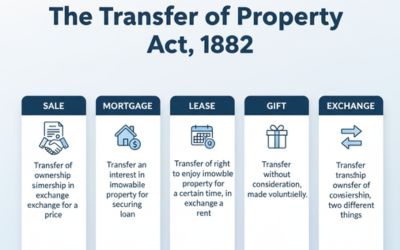

































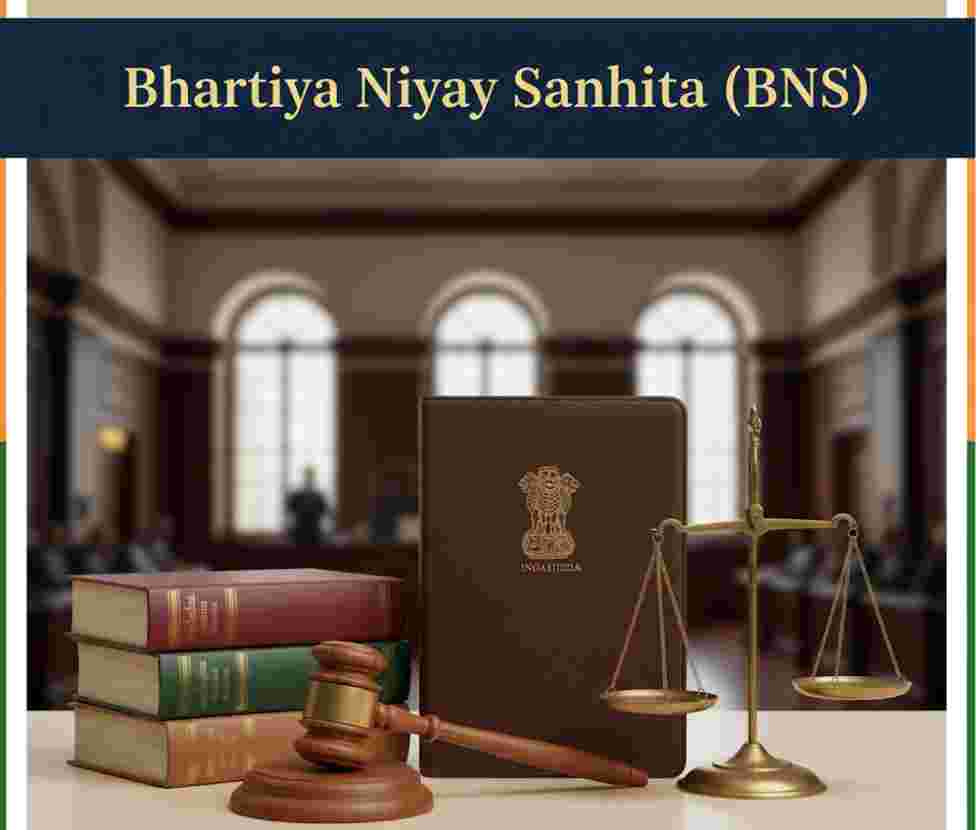
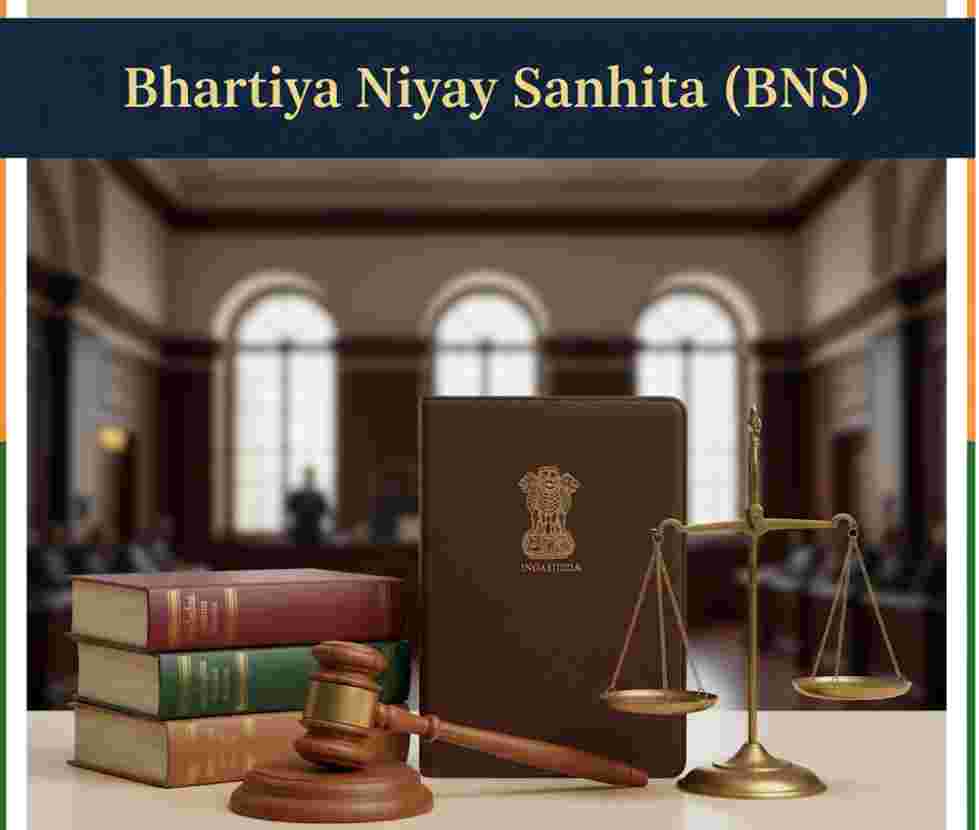
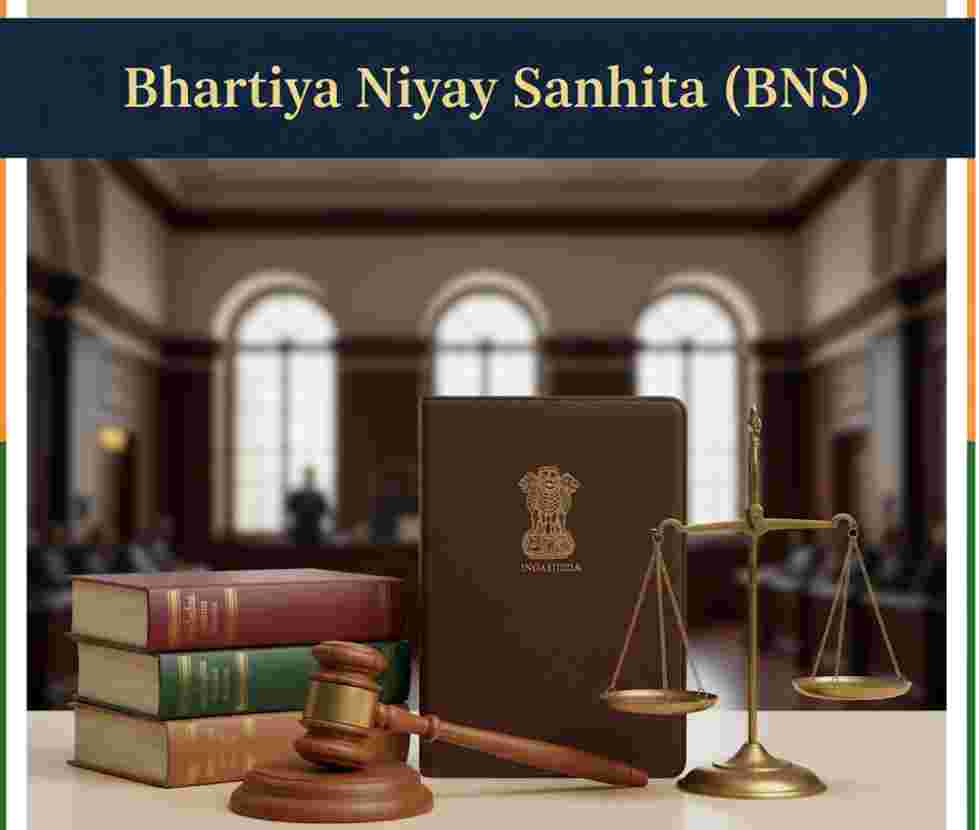
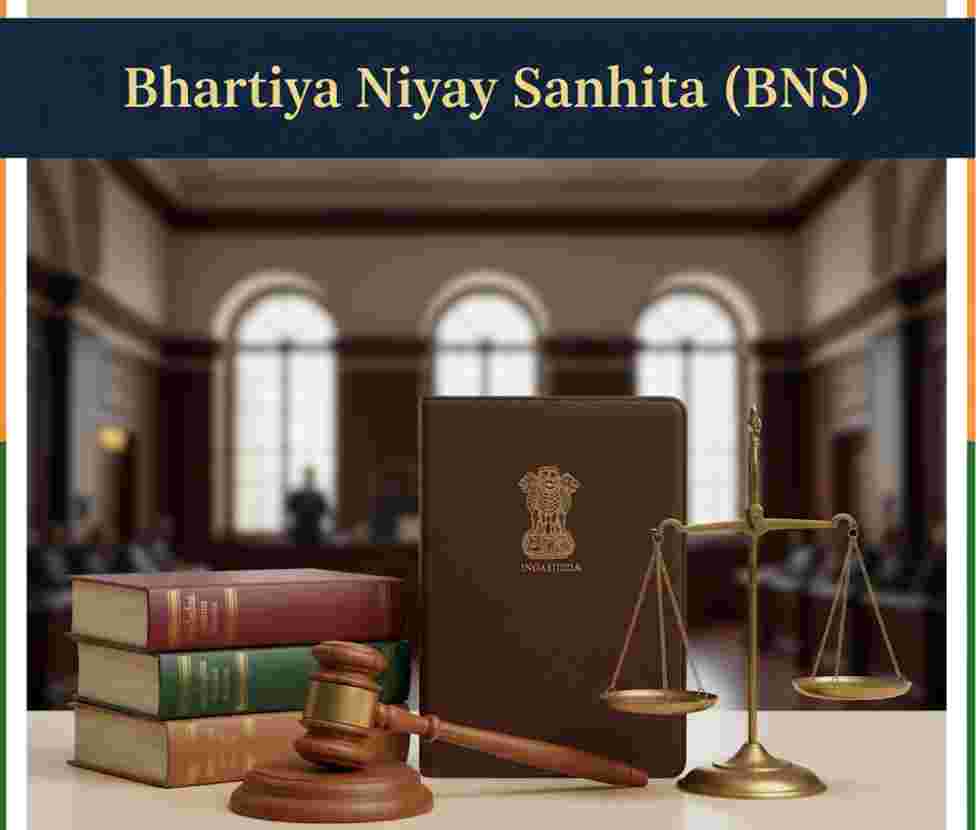
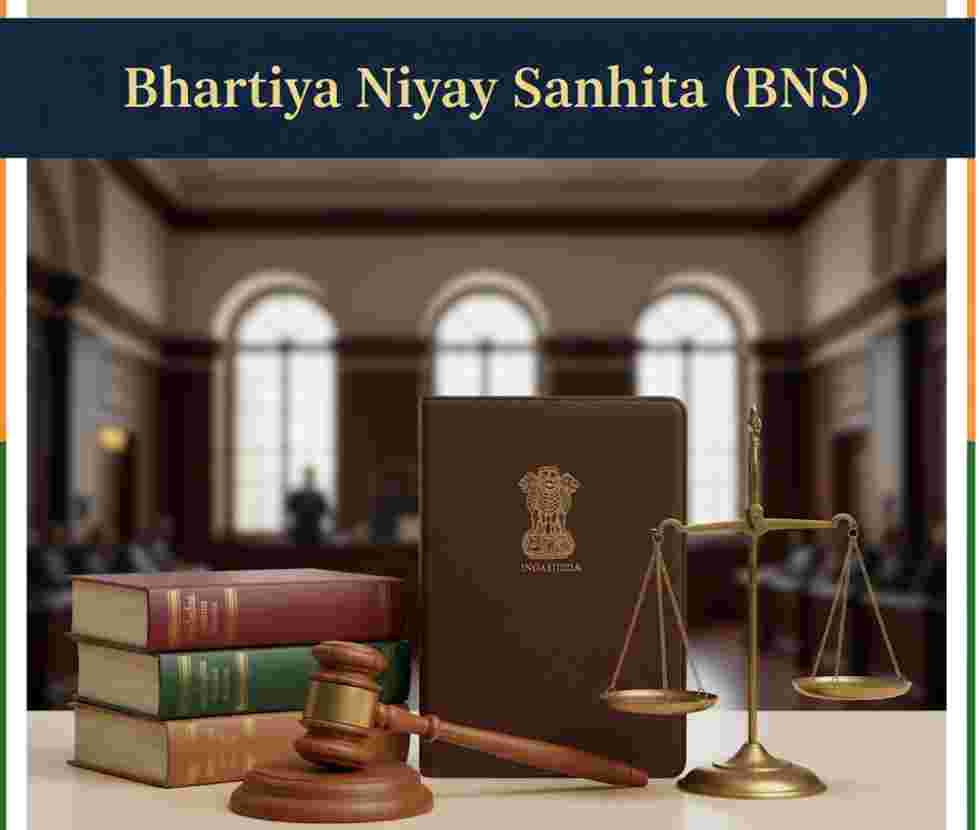
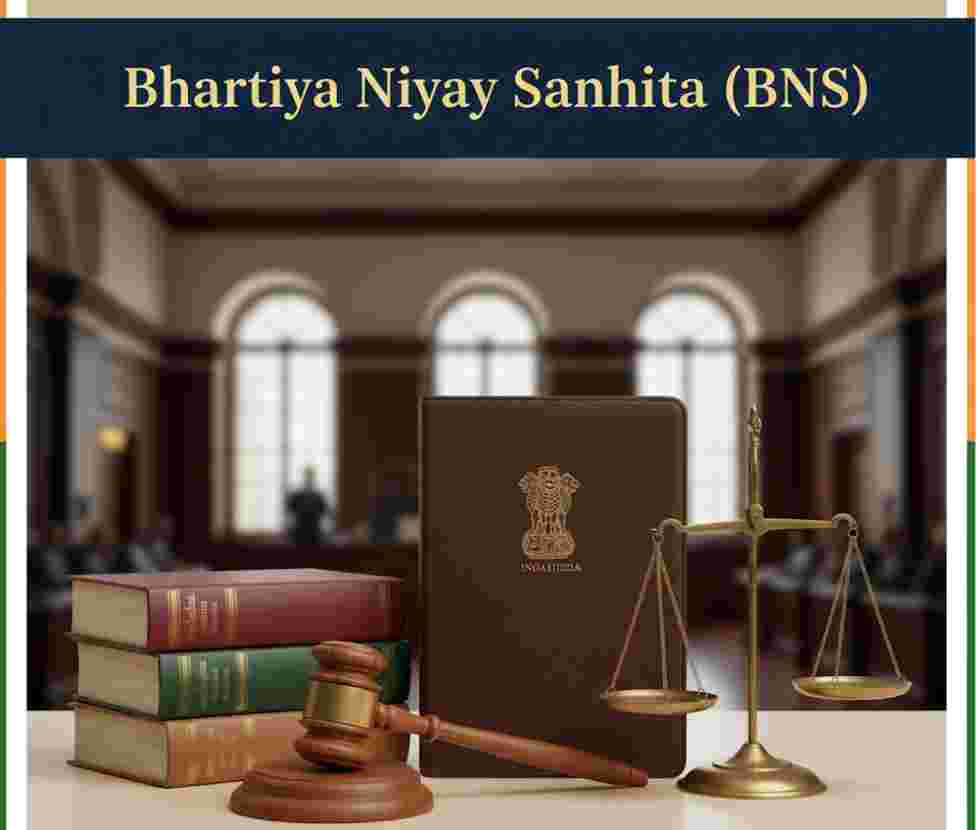
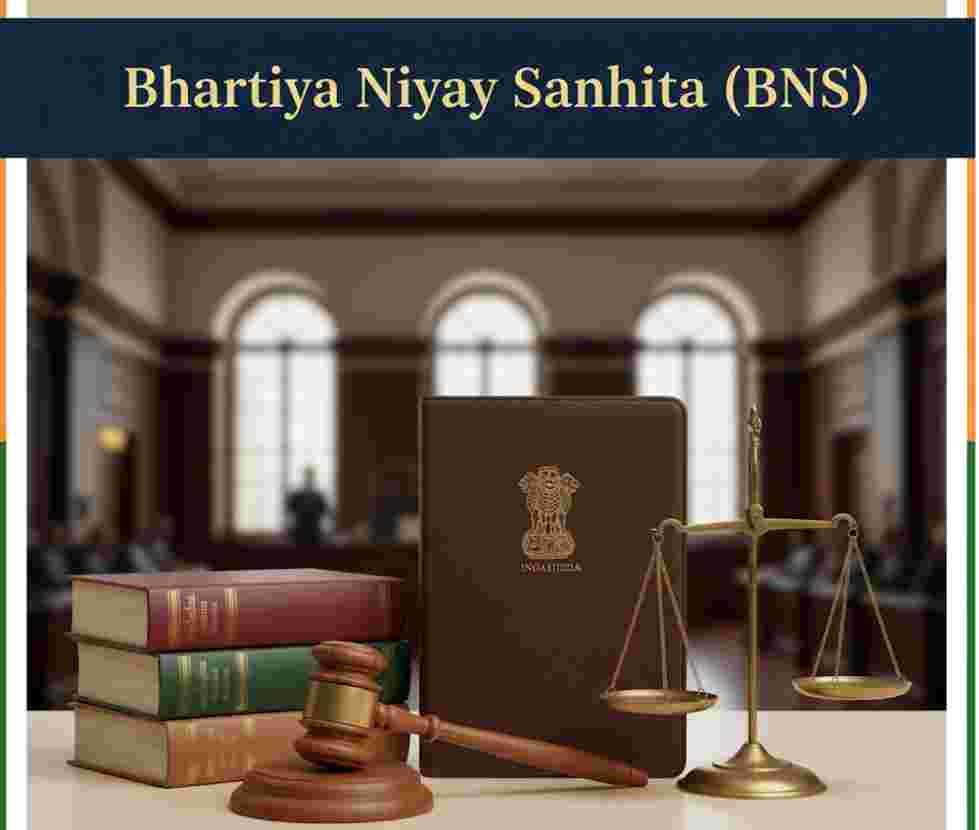
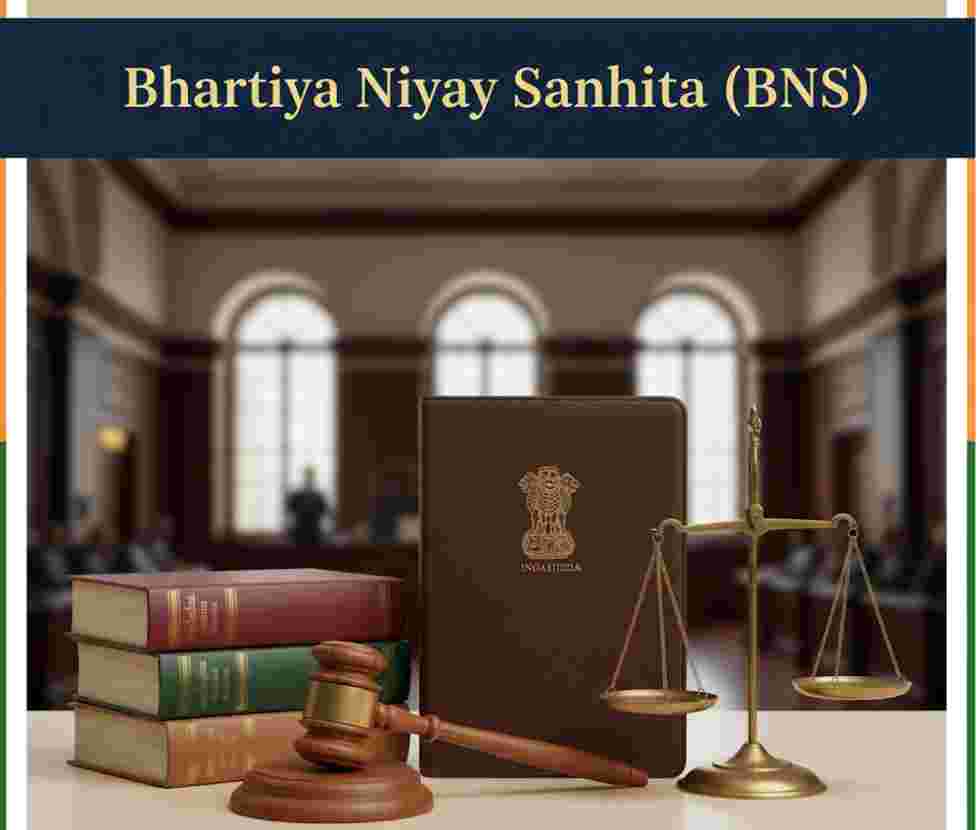
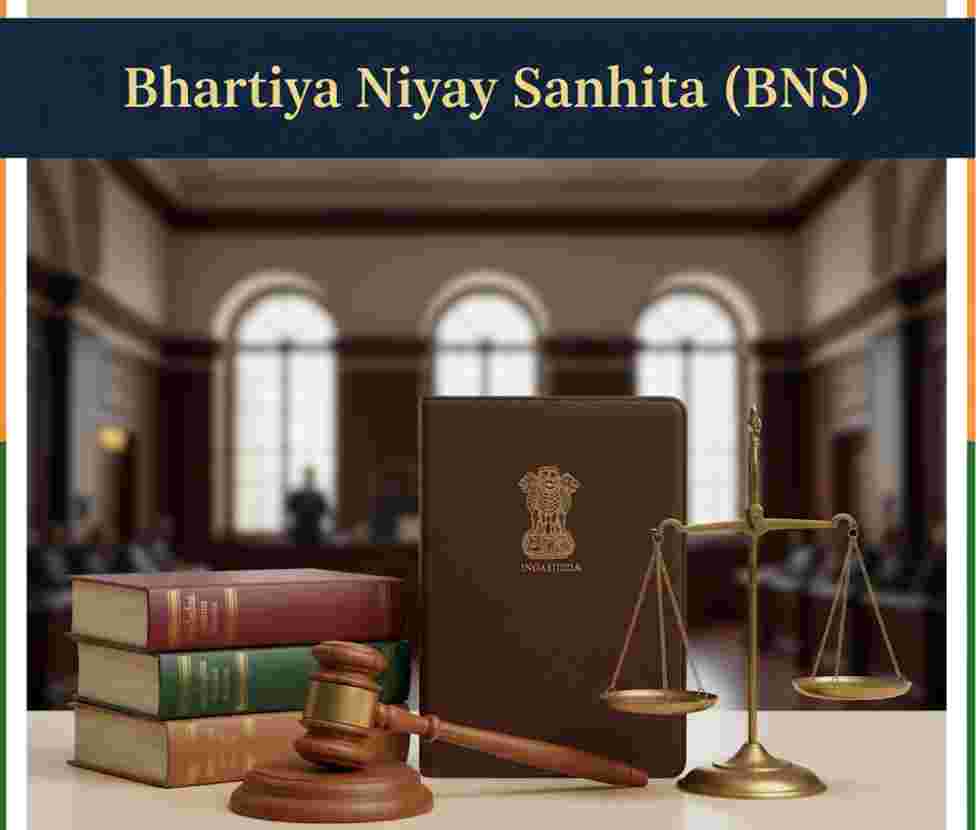
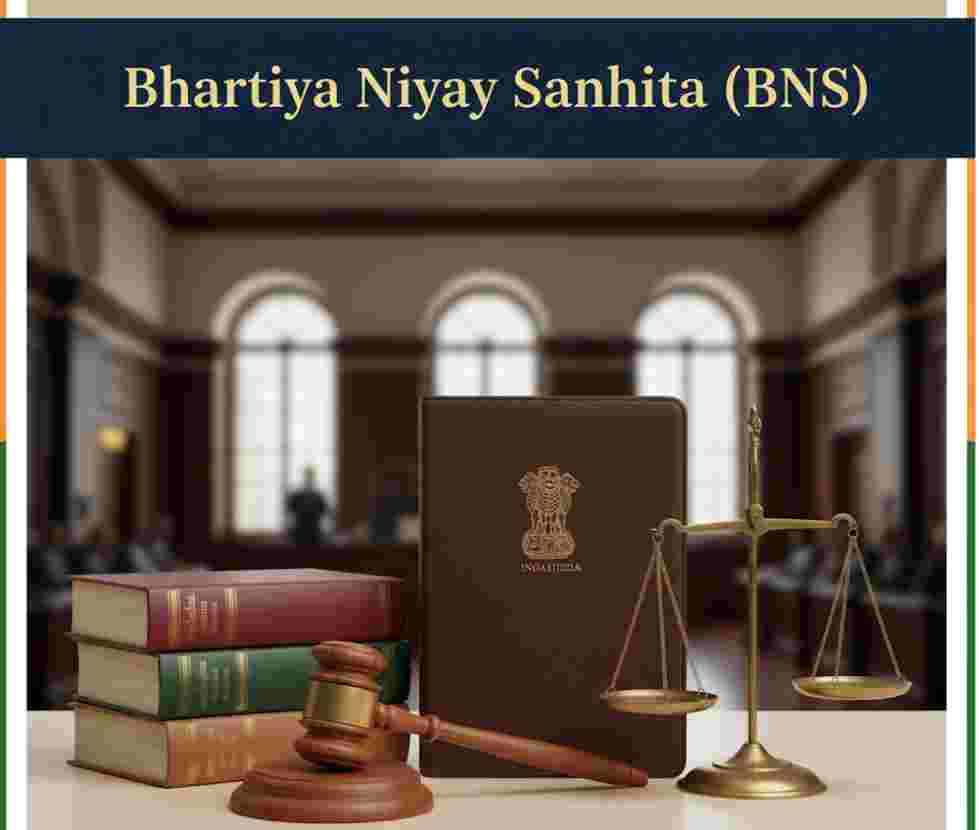
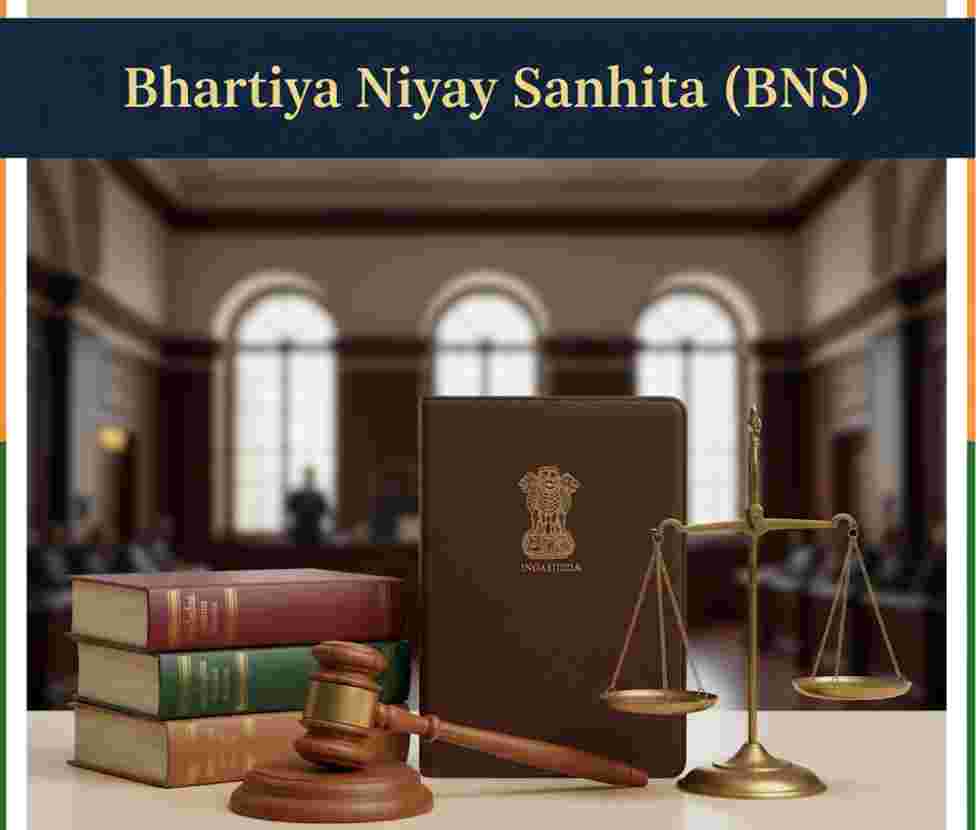
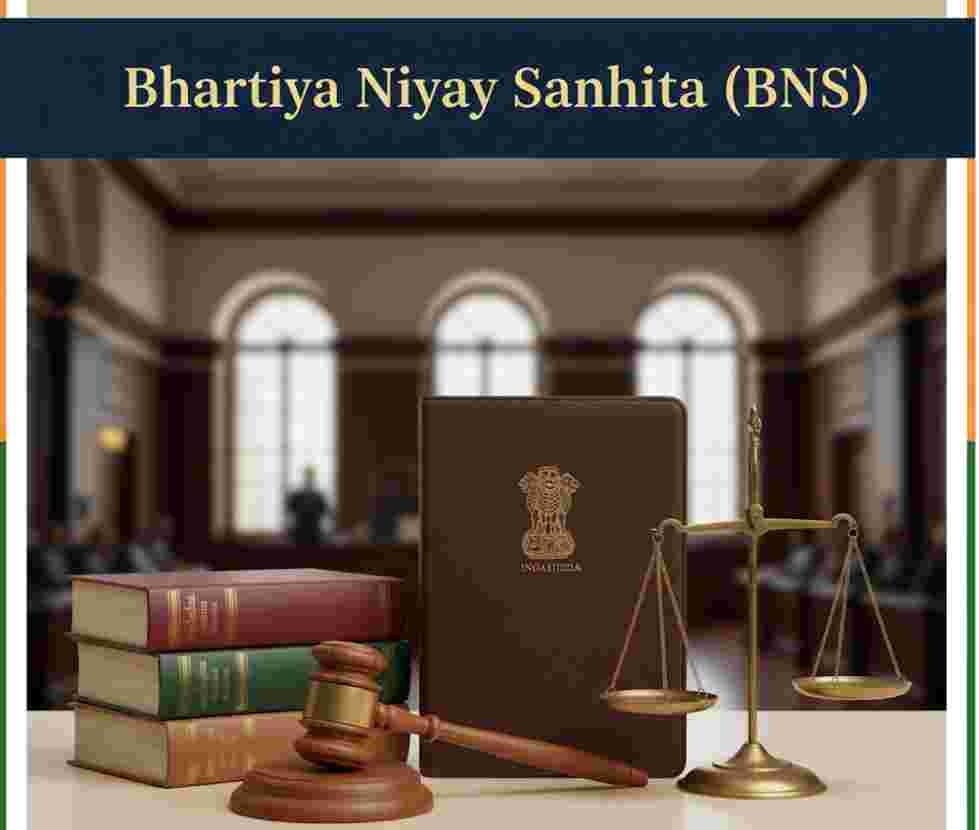

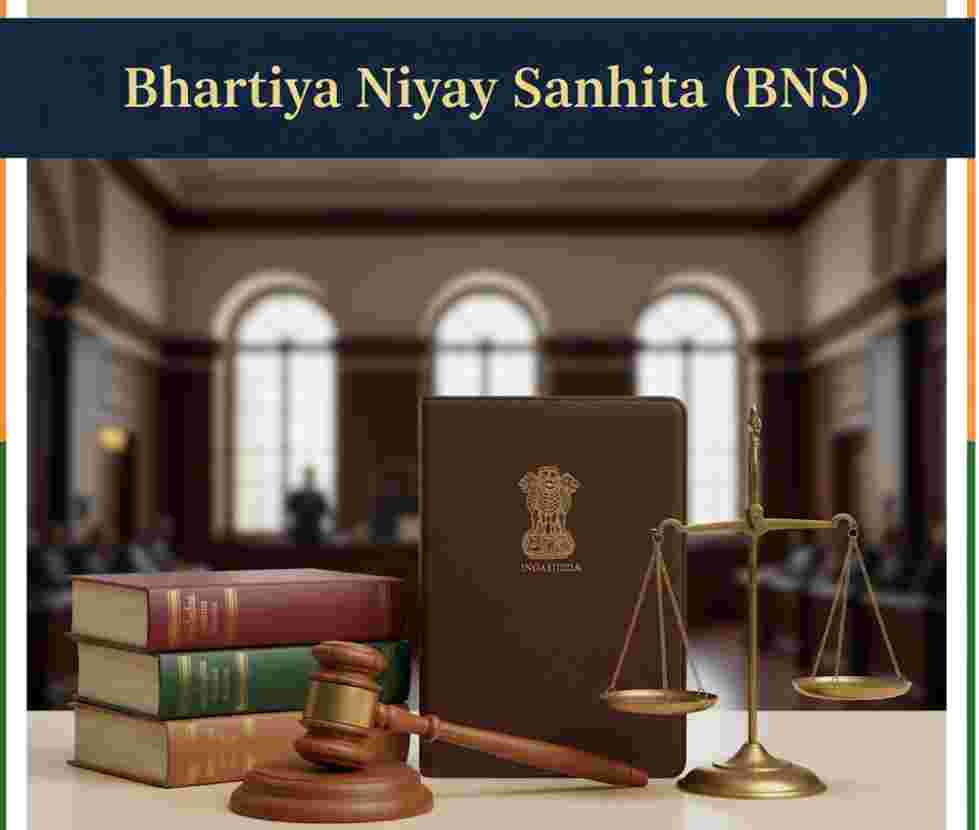
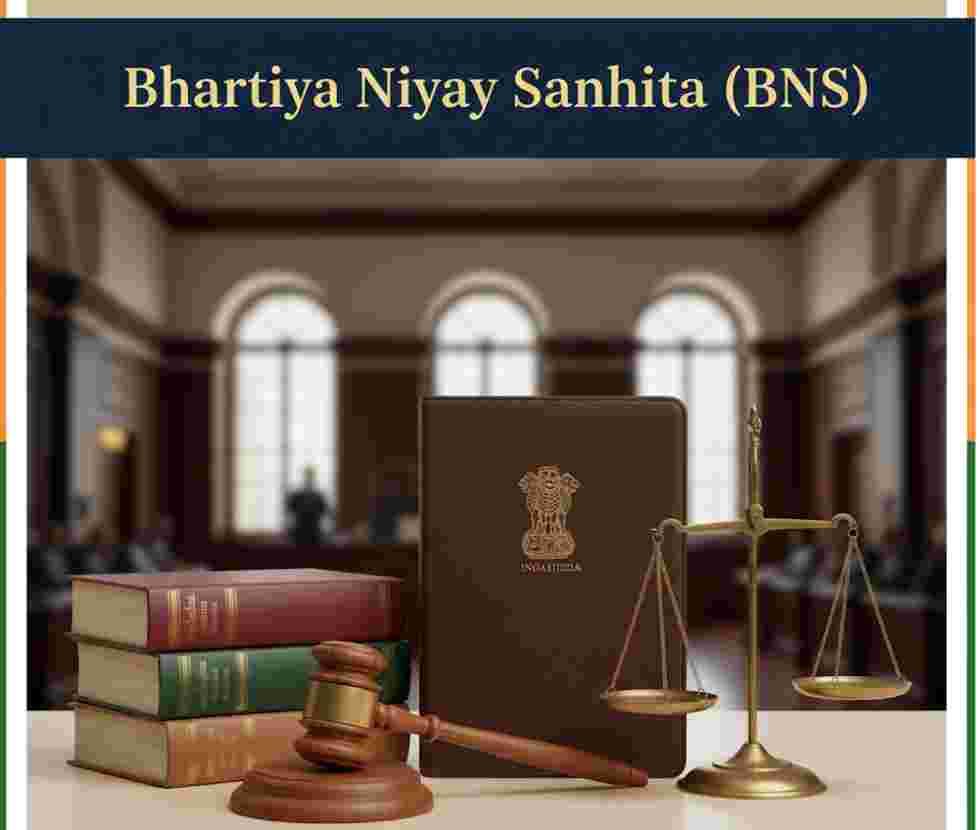
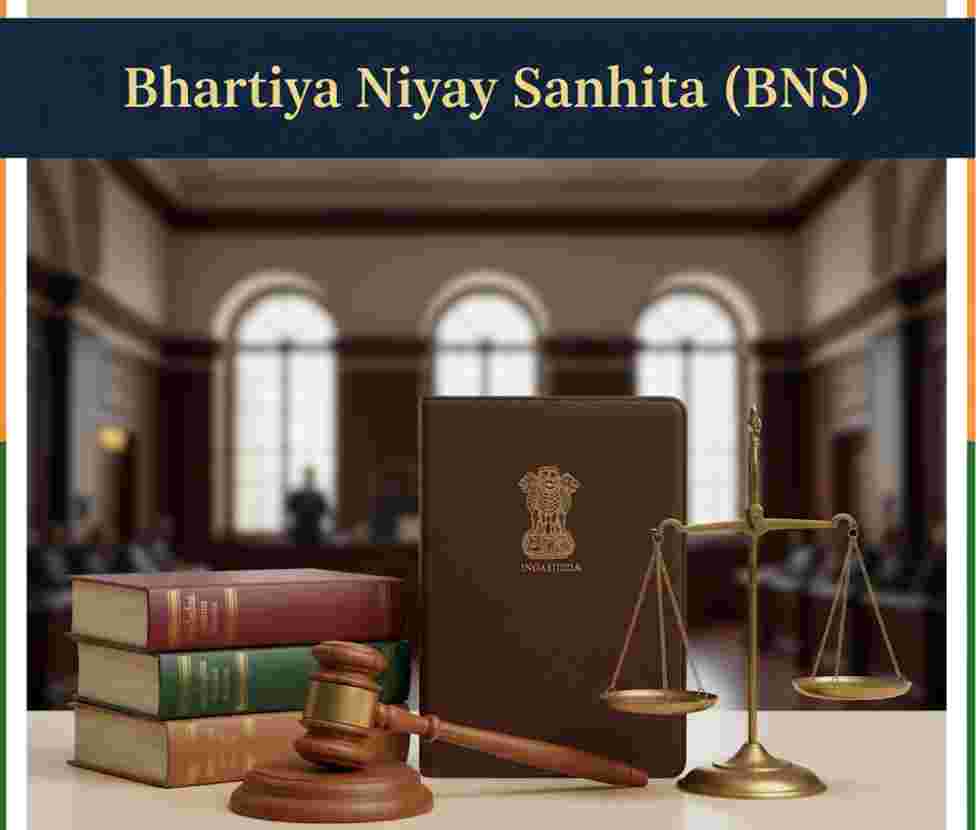
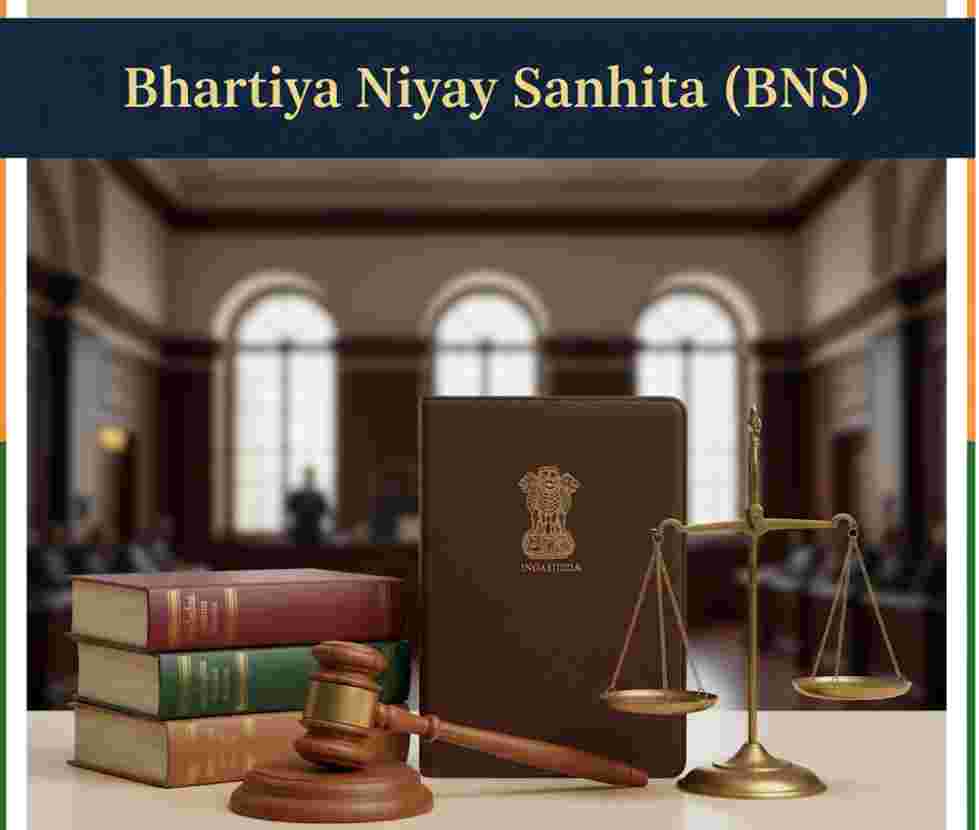
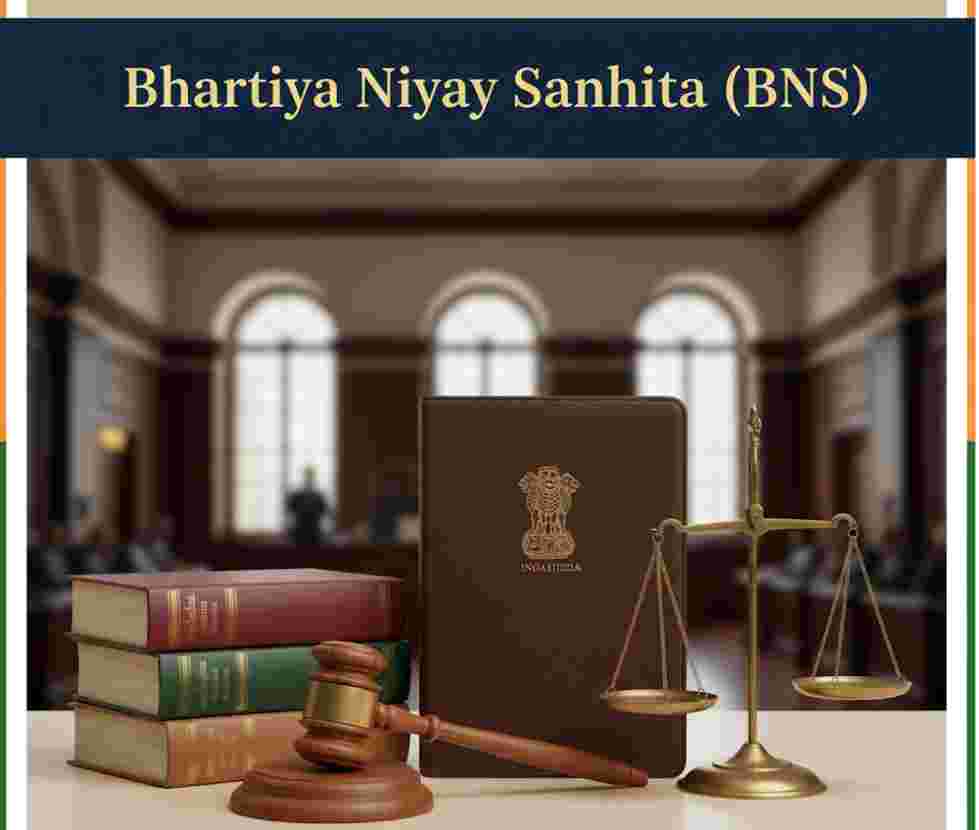

















































Comment
Nothing for now